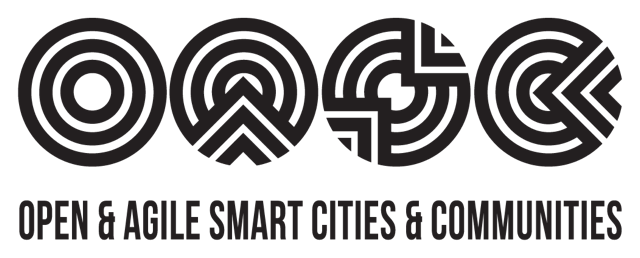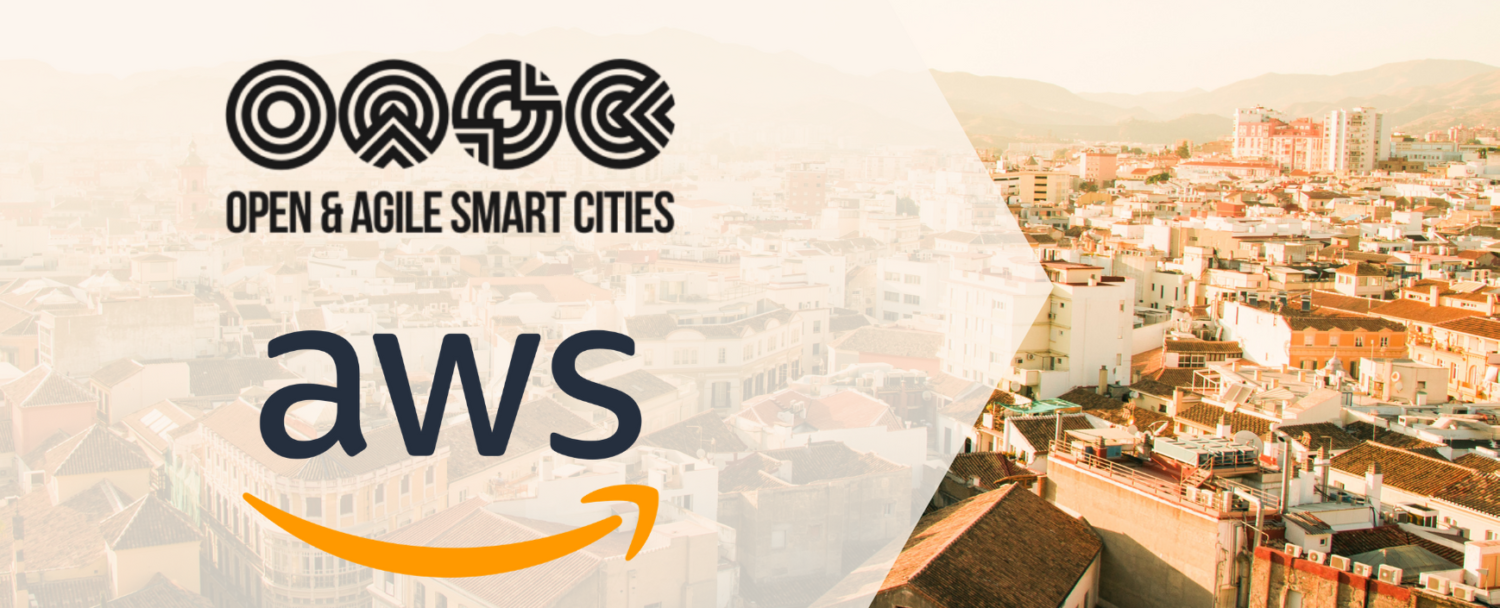AWS, the world’s leading cloud platform, is the latest global company to partner with the city network under the programme, with more to follow. Under the terms of the agreement, AWS will be supporting city customers to implement OASC’s Minimal Interoperability Mechanisms (MIMs), enabling cities to exchange solutions and share open data. OASC MIMs are based on open standards and specifications and have been adopted by more than 150 cities in over 30 countries.
AWS and OASC will now jointly explore ways in which cloud technologies can address cities’ appetites for openness, interoperability, ownership, control, fairness, and local economic development. As part of the cooperation, AWS will support customers wanting to develop a cloud-native context broker based on OASC MIMs, enabling more cities and communities in the world to benefit from digital technologies.
Davor Meersman, CEO of Open & Agile Smart Cities, states:
“The launch of our Enterprise Partnership Programme is a landmark for our network. The digital transformation of cities is about improving the places that we love and live in, and OASC is working to ensure that this transformation goes in the direction we want as a society. One that’s open, free, and fair. The team at AWS supports this vision and we are excited to embark on this journey together and look forward to a long and fruitful partnership.”
Wayne Soutter, Smart City Lead, Amazon Web Services EMEA SARL, said:
“We look forward to working closely with OASC in 2021 supporting the digital transformation of their member cities. We hope to help cities leverage global infrastructure and leading-edge services, enabling them to fast track their innovation, improve services for their citizens and importantly share any learnings and relevant open data with other cities around the world.”

